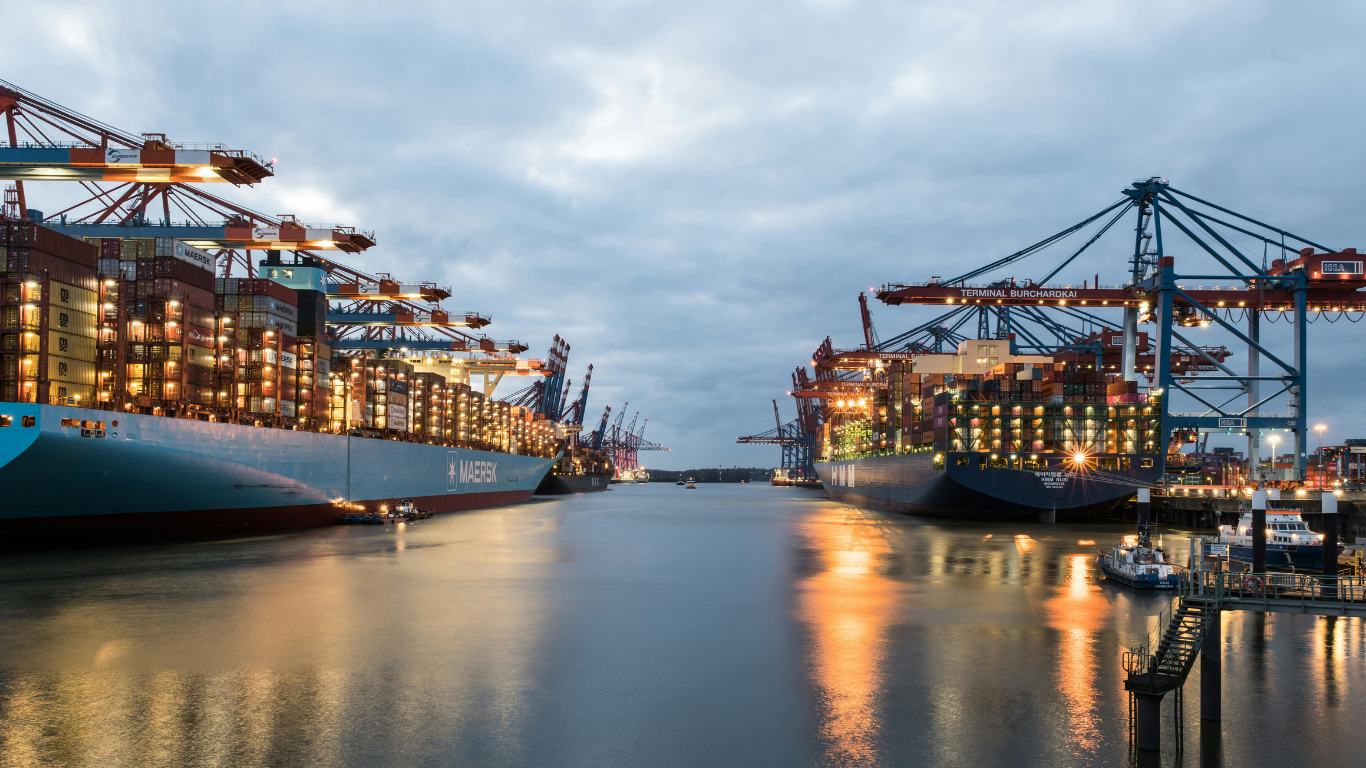No table of contents available
When Vietnamese businesses participate in international transportation contracts, disputes can arise due to many reasons - slow delivery, damaged goods, unclear payment or delivery conditions... To handle these disputes effectively, it is necessary to clearly understand the legal process, choose a dispute resolution method, preparatory steps and important notes. The article below will be compiled from the latest sources and updated on practice in Vietnam.

Civil Code 2015: general provisions on civil contracts with foreign elements, determining applicable law, obligations and rights of the parties.
Vietnam Maritime Code 2015: regulations related to international sea transport of goods, transportation responsibilities, risks, responsibility for time and level of responsibility when there is damage.
Commercial Law 2005: regulates international trade relations, obligations of the buyer and seller, and how to calculate shipping costs - if agreed upon.
Commercial Arbitration Law 2010: if the contract has an arbitration clause to resolve disputes.
In addition, there are international treaties if Vietnam is a member, or international practices in the field of transportation - but note: some treaties related to maritime transport that many countries apply (for example, Hagues Rules, Hamburg, Rotterdam...)Vietnam has not yet participated or not widely applied
International transport contract disputes can be resolved by the following methods:
Negotiate & negotiate directly: priority when the parties have good will and want to maintain long-term relationships. Save costs and time.
External (or internal) mediation: Use an independent mediator to assist both parties in finding a satisfactory solution.
Commercial Arbitration: if there is an arbitration clause in the contract. Arbitration has the advantage of being faster than court, and can choose the applicable law, location and language of arbitration. For example, in international logistics service disputes, many businesses choose the Vietnam International Arbitration Center or VIAC.
People's Court: if there is no arbitration clause, or arbitration is not an option; or if one party wants the mandatory character of the judgment. The court will consider jurisdiction, applicable law, evidence, and proceedings.
Below are common steps in practice and according to the latest legal regulations in Vietnam when businesses want to resolve international transport contract disputes.
Determine disputes & collect evidence: clearly identify the dispute issue (lack of goods, damage, late delivery, payment violation, transportation risk, force majeure,...), collect documents: contract, handover record, bill of lading, invoice, quality certificate, inspection record, photos/videos/related records.
Review the contract: important terms such as dispute resolution provisions, agreement on choice of applicable law, location, method, language, time limit for initiating lawsuits, and penalty fees for violations if any. If the contract is unclear, there will be risks during the dispute process.
Estimate damage & calculate time limit: calculate damage costs, shipping costs, interest if any, along with checking the statute of limitations for filing a lawsuit according to the type of contract & applicable law (for example, international air transport contracts have a certain statute of limitations according to the Civil Aviation Law)
Choose a dispute resolution method
If there is an arbitration clause, consider using arbitration for flexibility and faster procedures.
If there is no arbitration clause, or one party does not want arbitration, choose to sue in court.
Prepare lawsuit documents/arbitration requests
Petition or request for arbitration (specify the request, legal basis, and evidence).
Related documents (as in preparation step).
Prove jurisdiction (is there an arbitration clause or not, which court has jurisdiction – if there is a foreign element, the defendant's place of residence or headquarters will be affected)
Submit application
If arbitration: submit to the agreed arbitration center, pay arbitration fees if any.
If it is a court: submit it to the competent people's court; submit translations if there are foreign documents; advance payment of court fees; Check the procedures under Civil Procedure.
Jurisdiction and trial: the court accepts the case if conditions are met, the arbitrator establishes an arbitration council.
Mediation if any: in civil proceedings, the court may conduct mediation; In arbitration, there are sometimes pre-litigation meetings to promote agreement.
Trial or arbitration session: parties present evidence, arguments, arbitral tribunal or judge. There may be experts or organizations that can contribute professional opinions if the goods are damaged.
Issue a judgment or arbitration award: clearly decide whether to accept the lawsuit request or request compensation from the defendant, determine the amount of damage, interest rate if any, court fees or arbitration fees.
Appeal/counterclaim: if the court of first instance or arbitration rules so, the losing party can appeal to a higher court.
Recognition and enforcement of judgments/judgments
If the judgment/court is domestic → enforce a normal civil judgment.
If an international arbitration award → needs to be recognized in a Vietnamese court if the losing party does not voluntarily execute it; Pursuant to the Commercial Arbitration Law and international conventions if Vietnam is a member.
Temporary emergency measures (if necessary): before issuing a judgment / award, if there is a risk of loss of property or further damage, a party may request the court or arbitrator to apply emergency measures to protect rights.

The contract lacks or is ambiguous in termsdispute resolution, applicable law, place of trial or arbitration, language... When the contract is unclear, determining jurisdiction and applicable law later is very complicated.
Lack of sufficient evidence - for example, bills of lading, invoices, delivery records, inspection records, etc. when goods are damaged.
Delay in filing a lawsuit: the statute of limitations may expire for some types of disputes, especially air carriage contracts.
Differences between applicable international laws or international customs – if the parties do not have an agreement on the applicable law, Vietnam will apply the law of the country with the closest relationship.
When drafting a contract: always include itdispute resolution clauseclarity (arbitration or court agreement, applicable law, location, language).
Clearly identify the party responsible for insurance, transportation responsibility, and risks when goods are lost or damaged.
Require the transporter / lessee to have clear documents, bill of lading, confirming the status of goods at the beginning & end of the journey.
Forecasting force majeure situations, high force conditions, natural disasters, war, law changes - with provisions for handling risks.
Resolving contract disputesinternational transportationin Vietnam can be very complicated, because many factors are involved: applicable law, jurisdiction, evidence, arbitration or court procedures. But if the parties prepare carefully from the beginning: draft a good contract, clear terms, complete documents, choose an appropriate dispute resolution method - then the likelihood of winning the case is much higher, time and costs are also better controlled.
If your business is facing an international transportation contract dispute — worried about losing rights, difficulty enforcing judgments or awards — don't wait until it's too late. Seeking in-depth legal advice and preparing complete documents from the beginning is a wise step to protect the rights and reputation of international business.
Hotline:(+84) 39 969 0012 (Support via WhatsApp, WeChat and Zalo)
Head office:144 Vo Van Tan Street, Xuan Hoa Ward, City. Ho Chi Minh (144 Vo Van Tan Street, Vo Thi Sau Ward, District 3, Ho Chi Minh City)
Business hours: Monday – Friday (8:30 – 18:00)
Contact us now to receive a free initial consultation from our team of professional lawyers!

Select a platform to view details